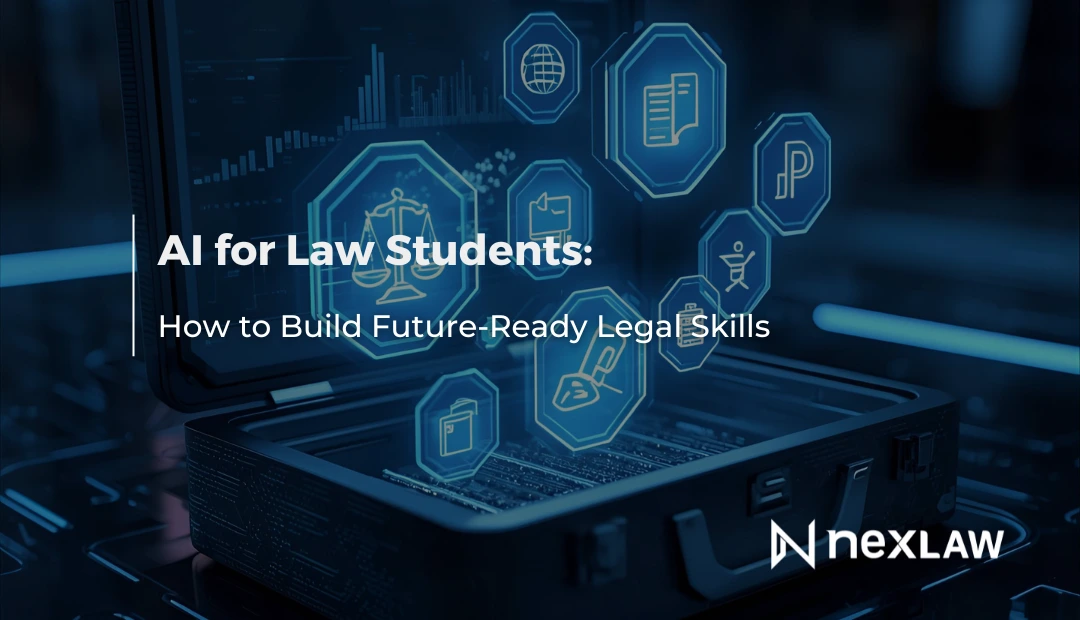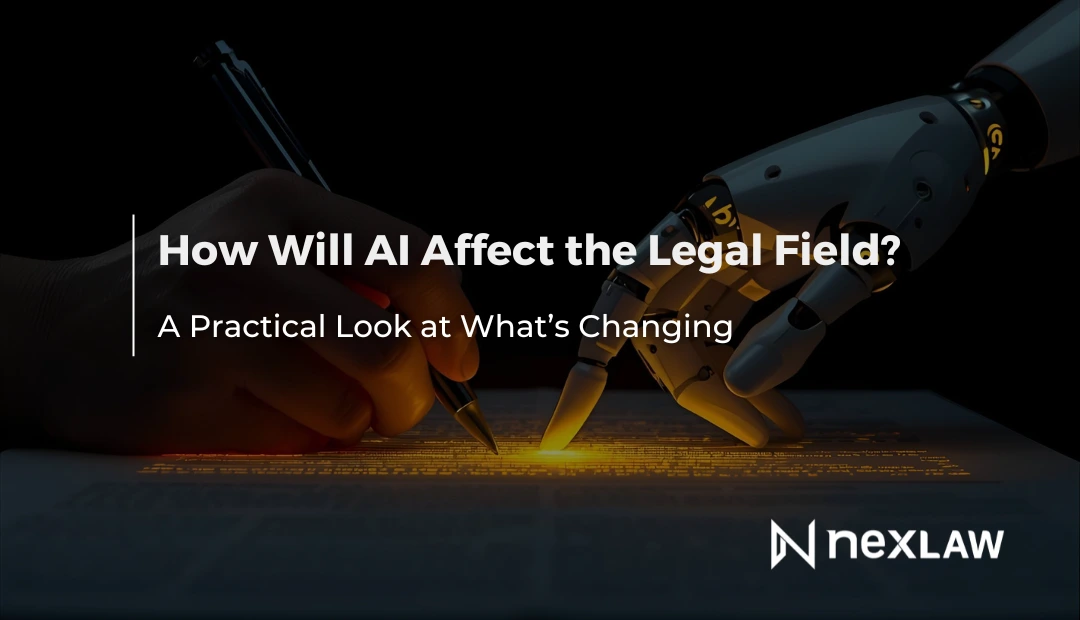How AI in Legal Research is Transforming Legal Practice in 2026
The Current State of AI in Legal Research
The legal industry has witnessed unprecedented adoption of artificial intelligence, with 79% of law firm professionals now incorporating AI tools into their daily work. This dramatic shift represents a fundamental change in how legal professionals conduct research, analyze cases, and prepare litigation strategies.
Gone are the days when attorneys spent countless hours manually combing through case law databases and legal texts. Today’s AI-powered research platforms can process vast amounts of legal information in seconds, identifying relevant precedents, analyzing judicial patterns, and uncovering insights that might take human researchers weeks to discover.
The transformation is particularly evident in large law firms, where respondents from firms with 51 or more lawyers report a significant 39% generative AI adoption rate. This isn’t just about efficiency; it’s about fundamentally reimagining how legal research is conducted and how attorneys can better serve their clients.
Key Statistics Driving AI Adoption in Legal Research
Recent industry data reveals compelling statistics about AI’s impact on legal research that every legal professional should understand:
- The global legal AI market was valued at USD 1.45 billion in 2024 and is projected to reach USD 3.90 billion by 2030, growing at a CAGR of 17.3%. This explosive growth reflects the tangible benefits law firms are experiencing from AI implementation.
- Perhaps most striking is AI’s superior performance in contract analysis, where AI can find risky terms or issues 50% better than traditional methods when reviewing contracts. This accuracy improvement isn’t just about speed, it’s about reducing the risk of missing critical information that could impact case outcomes.
- The economic impact is equally impressive. A recent LexisNexis study found that AI reduces client use of law firms by 13% based on volume of matters handled. For context, The American Lawyer estimates that the AmLaw 100’s collective revenue is $158 billion, indicating potential market shifts worth millions of dollars.
How Natural Language Processing Revolutionizes Legal Research
Natural language processing (NLP) is expected to be worth $27.6 billion by 2026, with significant implications for legal research. This technology represents a quantum leap from traditional keyword-based searching to truly intelligent document analysis.
Advanced NLP capabilities allow lawyers to interact with legal databases using plain English queries. Instead of struggling to craft perfect Boolean search strings, attorneys can simply ask questions like “Show me cases where courts ruled on force majeure clauses during economic downturns” and receive precisely relevant results.
The technology goes far beyond simple text matching. Modern AI platforms convert everyday language into precise legal terminology, understand the contextual relationships between legal concepts, and can even predict which cases an attorney might find useful based on their current research patterns.
For example, when researching contract disputes, AI can automatically identify related cases involving similar industries, comparable damage amounts, or analogous legal theories—connections that might not be obvious through traditional research methods.
Real-World Impact: ChronoVault’s Thematic Analysis
NexLaw’s ChronoVault feature exemplifies next-generation legal research capabilities. Unlike traditional keyword-based discovery, ChronoVault uses advanced topic modeling to identify narrative themes across vast document sets.
Consider a recent breach of contract case where attorneys needed to analyze two years of partner communications. Traditional keyword searches for terms like “breach” or “contract” returned thousands of documents but failed to reveal the underlying story.
ChronoVault’s AI identified critical themes including “Control and Decision-Making” patterns that revealed systematic exclusion tactics spanning over a year. The AI uncovered how one partner gradually eliminated the other from key decisions, altered company records, and secretly negotiated with competitors—insights completely invisible through conventional document review.
This thematic approach transforms legal research from a document-hunting exercise into strategic storytelling, helping attorneys build more compelling cases based on comprehensive narrative understanding rather than isolated facts.
The Future of AI-Powered Legal Research
Industry experts predict that AI will replace entry-level lawyers within the next 5 years, but this transformation creates opportunities for enhanced legal practice rather than simple job displacement.
The legal research segment dominated the AI market in 2024, owing to the growing adoption of AI-powered NLP tools to understand and interpret complex legal language. This trend will accelerate as AI systems become more sophisticated and reliable.
AI-powered research tools will enable attorneys to focus on strategic counsel rather than document review, deliver faster and more comprehensive case analysis, and provide cost-effective legal services to broader client bases. The attorneys who thrive will be those who learn to leverage AI as a powerful research partner rather than viewing it as a threat.
By 2026, we can expect to see AI systems that not only find relevant cases but also predict likely outcomes, suggest optimal legal strategies, and even draft preliminary research memos based on their findings. The key is maintaining human oversight while harnessing AI’s computational power.
Implementation Best Practices for Law Firms
Successfully implementing AI research tools requires strategic planning and proper execution. Law firms should start with pilot programs focusing on specific practice areas or case types where AI can demonstrate clear value.
Training is crucial, attorneys need to understand both AI capabilities and limitations. The most successful implementations combine AI efficiency with human legal judgment, creating a collaborative approach that enhances rather than replaces human expertise.
Data security remains paramount, with robust encryption and access controls essential for protecting sensitive client information. Firms should also establish clear guidelines for AI usage and maintain audit trails for all AI-assisted research.
Regular performance measurement helps optimize AI tools and demonstrate ROI. Tracking metrics like research time reduction, case outcome improvements, and client satisfaction scores provides concrete evidence of AI’s value.
Implementation Best Practices for Law Firms
See how NexLaw’s ChronoVault helps you prep faster, find key facts, and build stronger cases.
- Book a Demo to get a personalized walkthrough
- Explore Our Plans to find the right fit for your team
.webp)



.webp)
.webp)




